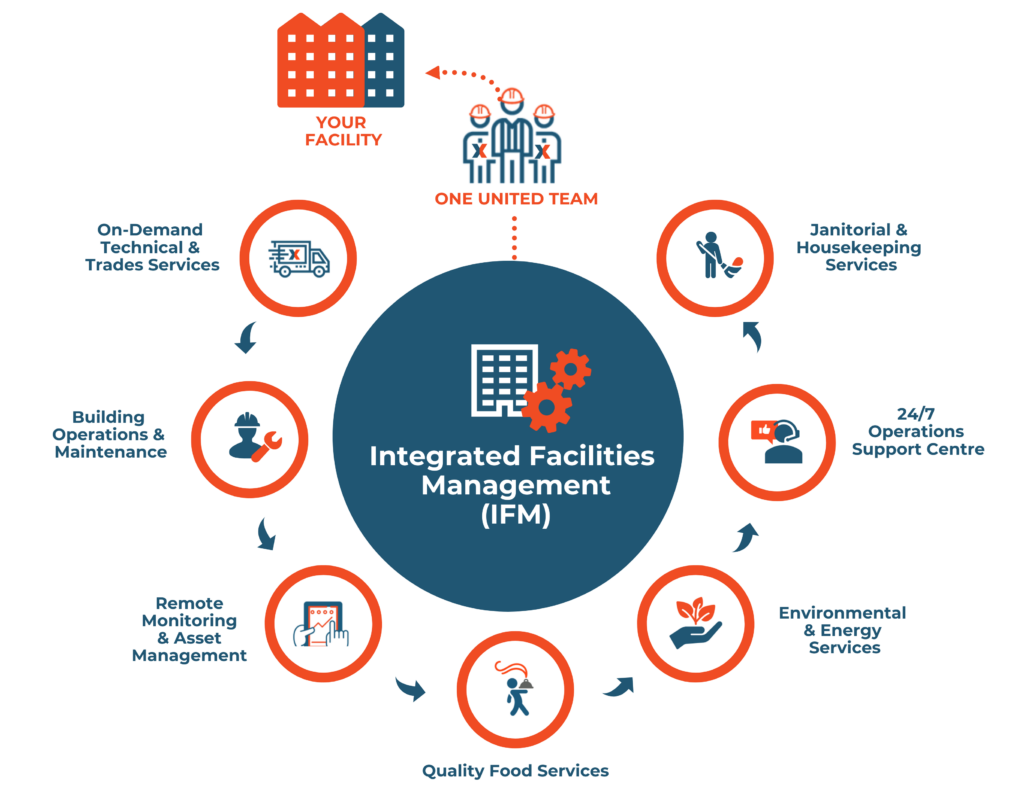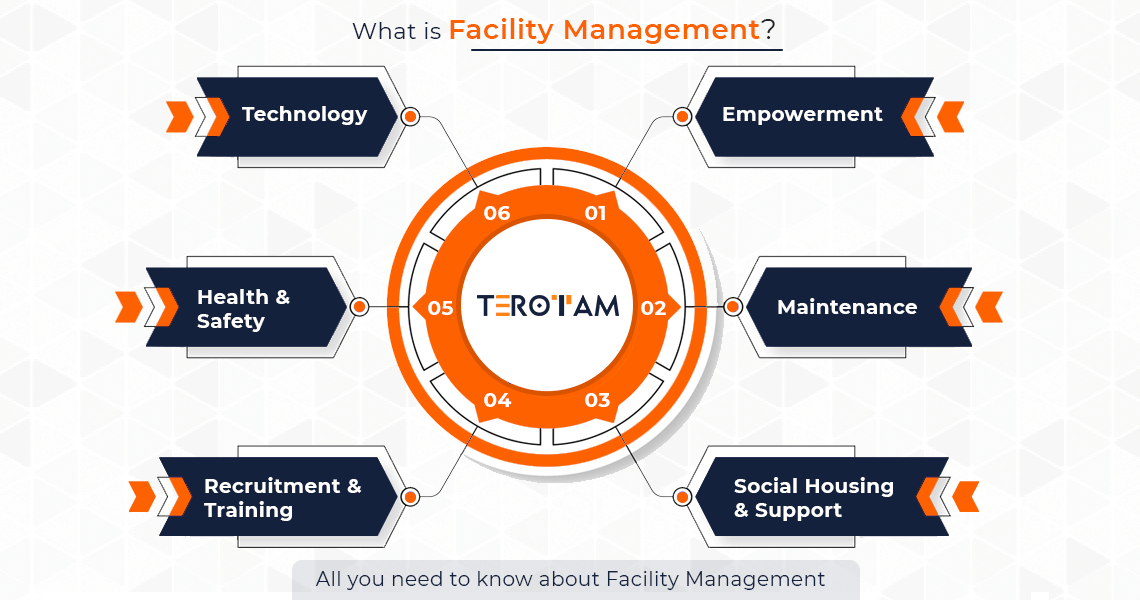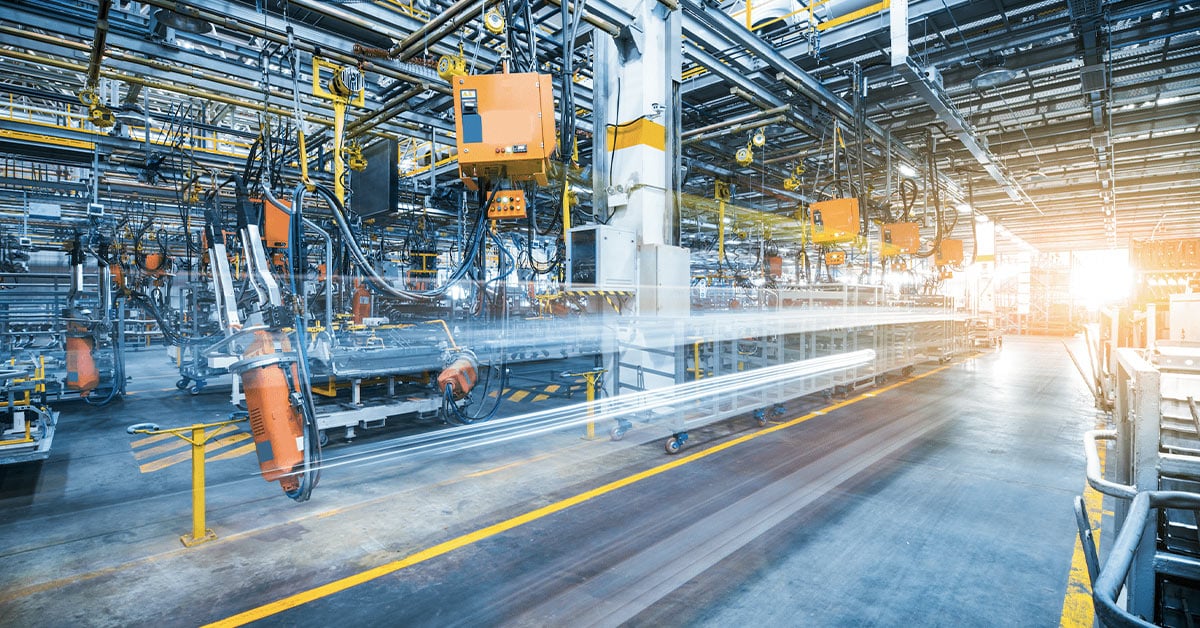The Role of Facility Management in Sustainable Procedures
The Role of Facility Management in Sustainable Procedures
Blog Article
Trick Patterns Forming the Future of Center Administration in 2024
As we look in advance to 2024, the landscape of center management is positioned for considerable transformation, driven by a number of crucial fads. The integration of clever structure modern technologies and a change towards data-driven decision-making assurance to boost operational efficiency while focusing on sustainability in method.
Smart Structure Technologies

Smart building modern technologies include a broad variety of systems, including smart lights, heating and cooling controls, and security systems. By incorporating these systems, facility managers can keep an eye on and readjust parameters in real-time, bring about significant decreases in power waste and operational prices. For example, wise sensors can identify occupancy levels and adjust lights and temperature level accordingly, ensuring that energy is only made use of when required.
Additionally, these technologies facilitate enhanced data collection, allowing companies to track usage patterns and identify possibilities for more improvements. The execution of wise building modern technologies not just adds to sustainability objectives yet likewise creates much healthier workplace that can increase staff member efficiency and fulfillment.
As we move into 2024, the fostering of wise building innovations will likely accelerate, mirroring a more comprehensive shift in the direction of more smart, responsive, and lasting center management techniques.
Data-Driven Decision Making
Significantly, organizations are leveraging data-driven choice making to improve facility administration practices. By taking advantage of data analytics, center managers can acquire actionable understandings that considerably boost operational performance and resource appropriation. The combination of innovative technologies, such as IoT sensing units and real-time monitoring systems, allows the collection of substantial amounts of information on structure performance, tenancy rates, and energy usage.
This wealth of info enables center managers to recognize fads, predict upkeep demands, and proactively address issues prior to they rise. For example, predictive analytics can anticipate tools failings, reducing downtime and repair expenses. Additionally, data visualization tools facilitate far better interaction amongst stakeholders, ensuring that notified decisions are made collaboratively.
Additionally, data-driven strategies enhance calculated preparation by making it possible for center supervisors to analyze the efficiency of present techniques and make educated selections regarding investments in modern technology or infrastructure. As organizations significantly prioritize functional quality, data-driven choice production is poised to come to be a keystone of effective center monitoring methods in 2024 and beyond. Ultimately, the capacity to utilize information successfully will encourage companies to develop a lot more effective, efficient, and resilient facilities.
Sustainability and Green Practices
The emphasis on data-driven choice making normally lines up with the growing concentrate on sustainability and environment-friendly techniques within center administration. As organizations significantly focus on environmental responsibility, center managers are leveraging analytics to optimize source use, minimize waste, and reduce carbon footprints. This critical technique allows the integration of energy-efficient systems, such as LED lights, wise heating and cooling controls, and renewable resource sources right into facility operations.
Moreover, the application of sustainable techniques prolongs past power usage. Facility managers are embracing environmentally friendly materials and advertising recycling initiatives to develop a circular economic situation within their facilities. This not just enhances the ecological profile of the company but additionally fosters a society of sustainability among staff members.
Compliance with environmental laws is one more critical aspect driving straight from the source the fostering of eco-friendly techniques. By utilizing data analytics, center managers can monitor conformity metrics and recognize areas for enhancement, making certain adherence to regional and global sustainability standards.
Hybrid Job Versions
A considerable change towards hybrid work designs is improving the landscape of facility monitoring in 2024. This paradigm combines in-office and remote job, necessitating a reevaluation of area use, source allotment, and staff member engagement techniques. Organizations are progressively acknowledging the relevance of adaptable workspaces that deal with varied demands and choices.
Center managers have to adapt by executing flexible office designs that support joint efforts while giving areas for concentrated job. This consists of the combination of innovation to help with smooth interaction and partnership among remote and in-office employees. Smart structure solutions, furnished with analytics and sensors, enable real-time tracking of area use, enabling companies to maximize their settings effectively.
Additionally, crossbreed work versions emphasize the demand for effective facility monitoring that prioritizes staff member experience. This includes not only modern technology and room layout yet additionally the growth of plans that advertise a well balanced work-life dynamic. As companies navigate this change, the duty of facility management comes to be crucial in developing a dexterous work environment that fosters performance and drives organizational success. Fundamentally, the hybrid work version is reinventing center monitoring, urging an aggressive strategy to meet the progressing needs of the workforce.
Improved Resident Health
As organizations welcome hybrid job designs, a heightened concentrate on resident health is becoming integral to center administration approaches. Facility Management. This change acknowledges that a completely satisfied and healthy labor force directly impacts performance and retention rates. Facility supervisors are now prioritizing environments that advertise physical and psychological wellness, integrating aspects such as natural lighting, biophilic design, and obtainable wellness resources

Technology plays an essential role in this evolution. Smart structure systems can check ecological variables and adjust settings in real-time, ensuring optimal comfort degrees - Facility Management. In addition, responses devices, such as tenancy sensors and staff member studies, permit center managers to constantly refine wellness initiatives based on resident needs.

Verdict
In 2024, the future of facility monitoring will be substantially affected by the combination of clever building innovations and data-driven decision-making, cultivating improved operational efficiency. Sustainability efforts will certainly focus on environmentally friendly techniques, while the emergence of hybrid job designs will certainly demand flexible office styles. An increased emphasis on owner over here health with innovative Cooling and heating systems and biophilic design will contribute to healthier work environments. These fads jointly emphasize the evolving landscape of facility management in response to contemporary difficulties and possibilities.
Facility managers are advertising and taking on eco-friendly products reusing efforts to create a round economic climate within their facilities.A considerable shift towards crossbreed work models is improving the landscape of center monitoring in 2024.Additionally, hybrid work versions highlight the need for reliable facility administration that prioritizes staff member experience.As companies embrace hybrid job designs, a heightened focus on owner wellness is becoming important to facility monitoring techniques.In 2024, the future of center management will certainly be considerably affected by the integration of clever building modern technologies and data-driven decision-making, cultivating enhanced functional effectiveness.
Report this page